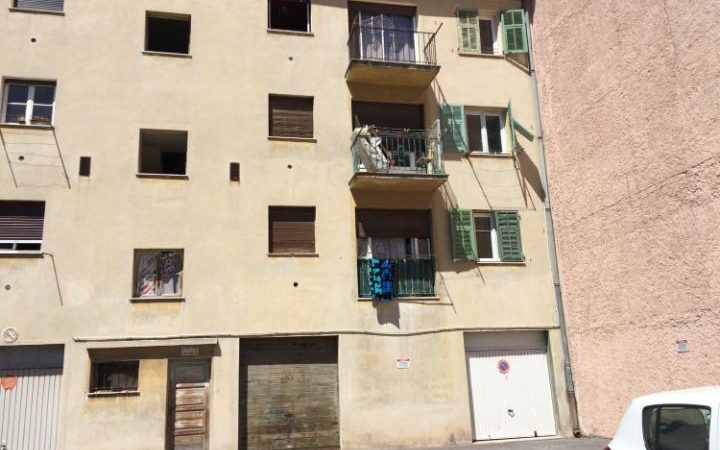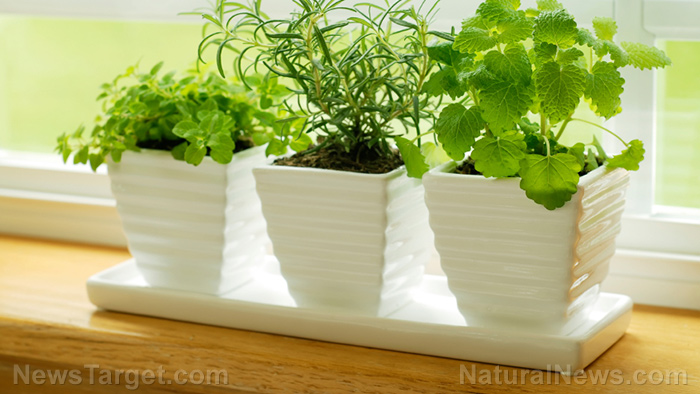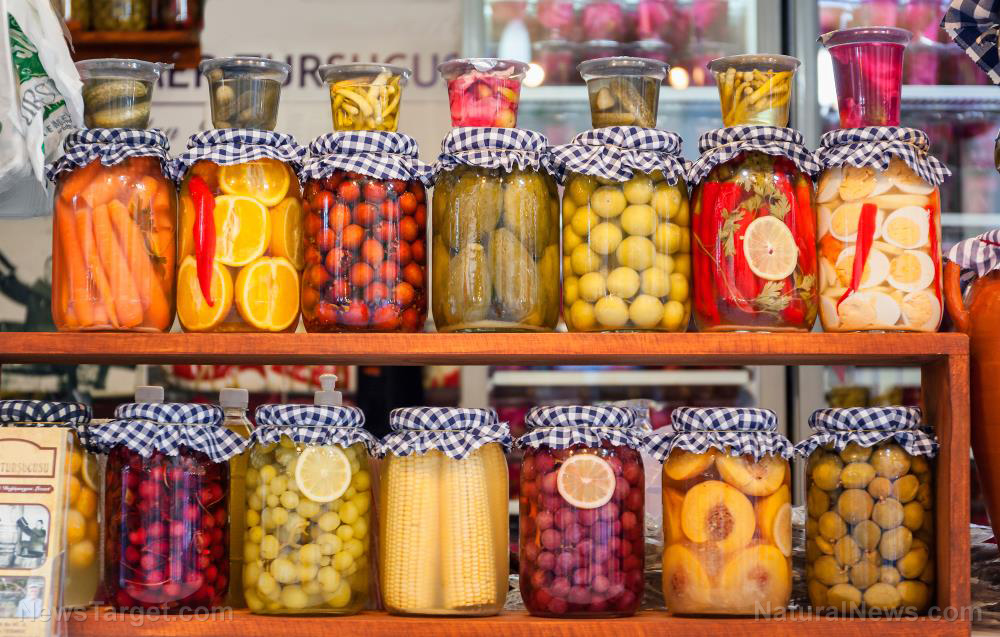
As a prepper, you should know how to think outside the box. This is crucial, especially if you want to prep in an apartment with limited storage for your survival gear and supplies. (h/t to ThePrepperJournal.com)
Limited space isn't a problem for urban preppers
The suggestions below apply to both urban preppers and those who want to prep on a limited budget.
Prioritize your preps.
Prepping can be overwhelming, but the key to effective planning is prioritizing likely SHTF scenarios. This includes short-term outages and house fires. Possible scenarios may also involve income reduction or loss, which can be caused by increased fuel, property, and grocery costs; insurance deductibles; or medical bills.
Financial preparedness is an important part of the prepping lifestyle, and setting aside some disposable income is crucial to your survival.
Personal defense is another important aspect of urban prepping. Before you get a gun, consider what will happen after your weapon is discharged. Will it go through walls, windows, and bystanders?
Stockpile multipurpose items and tools.
Fill your pantry with multipurpose items and gear to maximize your supplies and storage space.
This list includes versatile supplies that can be used for cooking, cleaning, personal grooming, or for minor medical emergencies.
- Apple cider vinegar
- Baking soda
- Cayenne pepper
- Coconut oil
- Herbs
- Honey
- Oats
- Salt
- Sugar
- Spices
- Tea
- White vinegar
Maximize and make more space.
Space is limited in an apartment so you need to maximize every inch. Organize your supplies for efficient storage, and be realistic about your current capabilities.
When SHTF, you'll need more food supplies compared to items like clothing or blankets and other bulky items. Balance storage by time and likelihood of need and use to maximize limited space.
- Use "dead space." Dead space refers to areas in your apartment that usually stay empty, like bricking behind a bookcase or space behind a couch. Use rolling carts to maximize the dead space between furniture and walls.
- Add some elevation. Get taller bed frames to increase storage under your bed, or use overhead shelving around a room and above closets.
- Replace "normal" furniture with hollow options and stacked supplies. Instead of a coffee table, use a trunk as the centerpiece of your living room. Another option is to replace side tables with a small bookcase that can hold canned goods. Stack cases of canned goods, use a small board to give the structure a flat surface, then hide your supplies in plain sight with a tablecloth.
Store compact pantry goods.
To maximize limited storage space, stock up on dehydrated foods since they are a better survival food option compared to freeze-dried or wet-pack canned goods. Even if your stored water supply is limited, dehydrated and dried foods are still suitable options for small-scale disasters.
Whatever food storage format you decide on, canned, dehydrated, or freeze-dried, prioritize staples if you have limited storage space. Stockpile items with calories, fats, and proteins, which are important if you are facing a survival scenario that may go on for several days.
Next, consider dehydrated fruits and vegetables that will be your main source of nutrition when disaster strikes. (Related: The 6 best ways to store emergency supplies in a small space.)
You may need to skip other common categories of skills and supplies because of limited space, but this doesn't mean you can't prep in an apartment. After all, you can still cultivate useful herbs in window sills or hide supplies in concealed storage areas.
Be creative, maximize storage space, and prioritize multipurpose items and gear if you want to prep in an apartment.
Sources include:
Please contact us for more information.




















